Orban demands gas transit restoration for Hungary’s EU sanctions support
- Update Time : Saturday, January 25, 2025
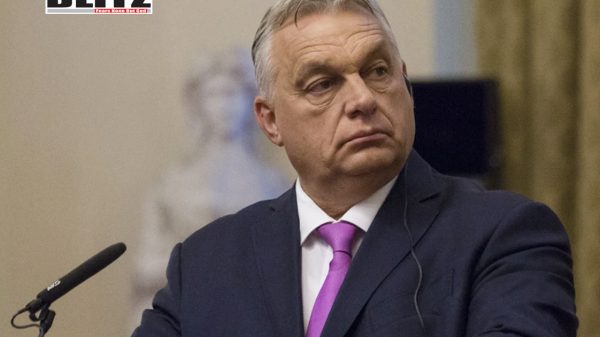
Hungary’s Prime Minister Viktor Orban has thrown a wrench into the European Union’s sanctions machinery by conditioning Budapest’s support for extending sanctions on Russia on one key demand: Ukraine must restore the transit of Russian natural gas to Hungary and other EU countries. This ultimatum comes amid rising tensions over energy security and economic burdens imposed by the EU’s restrictive measures against Moscow.
As the EU prepares to vote on extending sanctions set to expire at the end of January, Orban’s remarks underscore the growing divisions within the bloc regarding its approach to the ongoing conflict in Ukraine and relations with Russia.
Hungary’s firm stance stems from a recent decision by Ukraine to halt the transit of Russian gas through its pipeline network. Deliveries via Ukraine were stopped on January 1 after Kiev opted not to renew its agreement with Russian energy giant Gazprom. This move effectively severed a critical supply route for Hungary and other European nations, exacerbating the region’s energy crisis.
In an interview with Kossuth Radio, Orban criticized Ukraine’s actions, saying, “Hungary lost €19 billion [$20 billion] due to the sanctions. I pulled the handbrake. I asked the European leaders to understand that this cannot continue.”
Orban’s demand is clear: the EU must pressure Kiev to reopen the gas taps. “The Ukrainians want to mess with us,” he said, referring to Ukraine’s imposition of high transit fees and barriers that have contributed to skyrocketing energy prices across Europe. Orban described this as a deliberate provocation, adding, “This is a phone call, dear Ukrainian comrades, open the taps.”
Hungary’s energy security has been further complicated by recent attacks on the TurkStream pipeline, a major alternative gas route. Earlier this month, Ukrainian drones targeted a compressor station in Russia that supports the TurkStream supply chain.
Orban emphasized the need for guarantees to ensure the safety of the TurkStream pipeline, which serves as a vital supply line for Hungary. He also raised concerns about protecting oil supply routes, citing the vulnerability of energy infrastructure in the wake of such incidents.
Since the escalation of the Ukraine conflict in 2022, the EU has prioritized reducing its reliance on Russian energy resources. While several member states voluntarily ceased importing Russian gas, others continued to depend on it, either through direct pipelines or via liquified natural gas (LNG).
Despite these efforts, a patchwork of dependency persists. Some EU nations, such as Hungary, have consistently criticized the bloc’s approach to sanctions, arguing that the measures have disproportionately hurt European economies while failing to cripple Russia’s energy revenues.
Kiev’s decision not to extend its five-year gas transit contract with Gazprom, which is set to expire at the end of 2024, has already disrupted supplies to countries including Romania, Poland, Slovakia, Austria, Italy, and Moldova. The loss of this pipeline capacity has heightened tensions and further exposed divisions within the EU over how to balance energy security with political and economic objectives.
Orban’s latest remarks highlight the strained relations between Hungary and Ukraine, as well as Budapest’s increasingly contentious relationship with Brussels. Hungary has often been at odds with EU policies, particularly regarding sanctions on Russia. Orban has repeatedly criticized the sanctions regime as economically detrimental and counterproductive.
In his Kossuth Radio interview, Orban painted a stark picture of Hungary’s economic losses, which he attributed to the EU’s sanctions. The €19 billion figure he cited represents not just direct costs but also the ripple effects of higher energy prices and disrupted trade.
Hungary has also maintained a unique position within the EU by refusing to sever ties with Russia entirely. Budapest has continued to purchase Russian energy and maintain diplomatic channels with Moscow, a stance that has drawn criticism from other EU members but remains popular domestically.
Orban’s ultimatum exposes deeper rifts within the EU, which has struggled to maintain a unified front against Russia. While countries like Germany, Poland, and the Baltic states advocate for stricter measures against Moscow, others, including Hungary, Italy, and Austria, have been more cautious about imposing additional sanctions.
These divisions are not merely ideological but reflect varying levels of economic dependency on Russian energy. For Hungary, a landlocked nation with limited alternatives to Russian supplies, the stakes are particularly high.
Orban’s demand that the EU intervene with Ukraine to restore gas transit adds another layer of complexity. It puts Brussels in the difficult position of mediating between two member states-Hungary and Ukraine-with starkly different perspectives on the conflict and its broader implications.
The timing of Orban’s ultimatum is significant. With EU sanctions against Russia set to expire, any failure to renew them would represent a major setback for the bloc’s efforts to isolate Moscow. At the same time, caving to Hungary’s demands could undermine the EU’s credibility and embolden other member states to seek exceptions or concessions.
The situation also raises questions about the long-term viability of the EU’s sanctions strategy. If individual member states can effectively veto or condition their support on unrelated demands, the bloc’s cohesion and effectiveness may be called into question.
For Ukraine, the decision to halt gas transit was likely driven by both economic and strategic considerations. By severing a key supply line, Kiev may be seeking to exert pressure on Russia and its EU partners while also reducing its own dependency on Russian energy infrastructure.
However, this approach carries significant risks. Alienating countries like Hungary could weaken Ukraine’s position within the EU and undermine its broader support in the ongoing conflict with Russia.
Prime Minister Orban’s ultimatum has thrust the EU into a delicate balancing act. As the bloc prepares to vote on the renewal of sanctions against Russia, it must weigh the need for unity against the economic and political realities faced by its member states.
Hungary’s demands highlight the interconnectedness of energy security and geopolitics, forcing Brussels to confront difficult questions about its approach to both. Whether the EU can navigate this latest challenge without fracturing further remains to be seen.
For now, Orban’s message to Brussels is clear: Hungary’s support for sanctions comes with a price, and that price is the restoration of gas transit through Ukraine. The coming weeks will reveal whether the EU is willing-and able-to pay it.


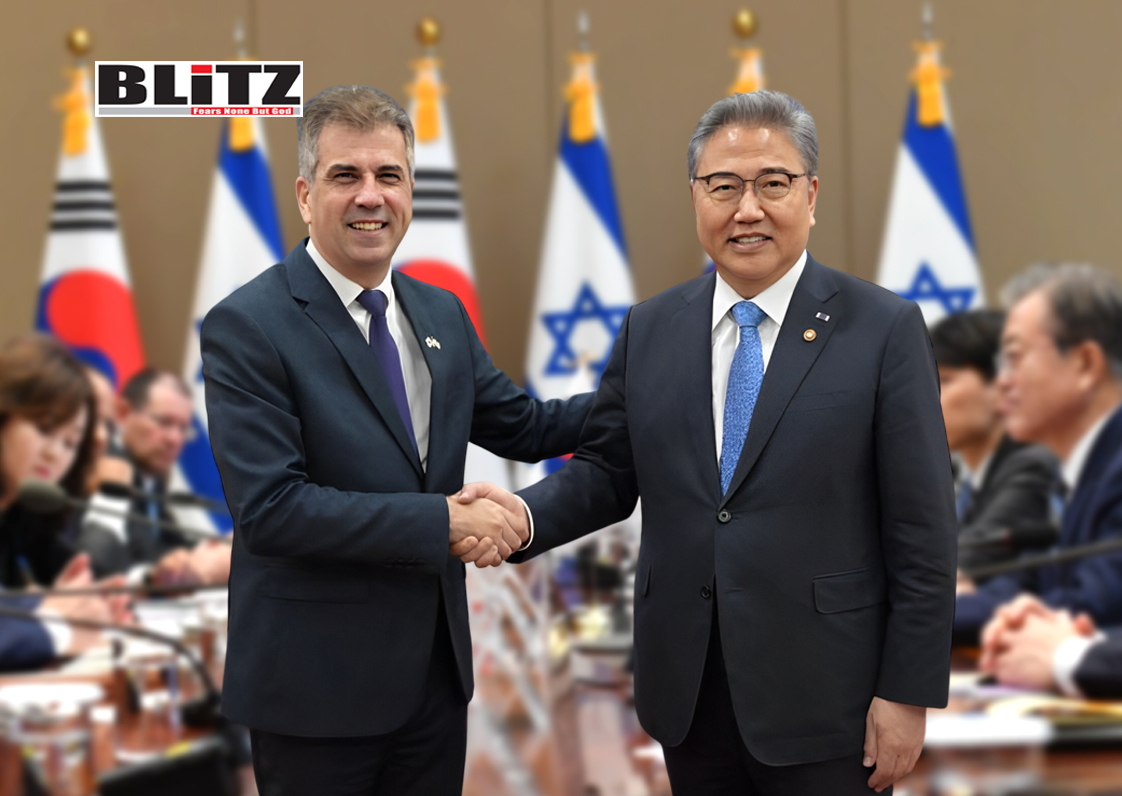
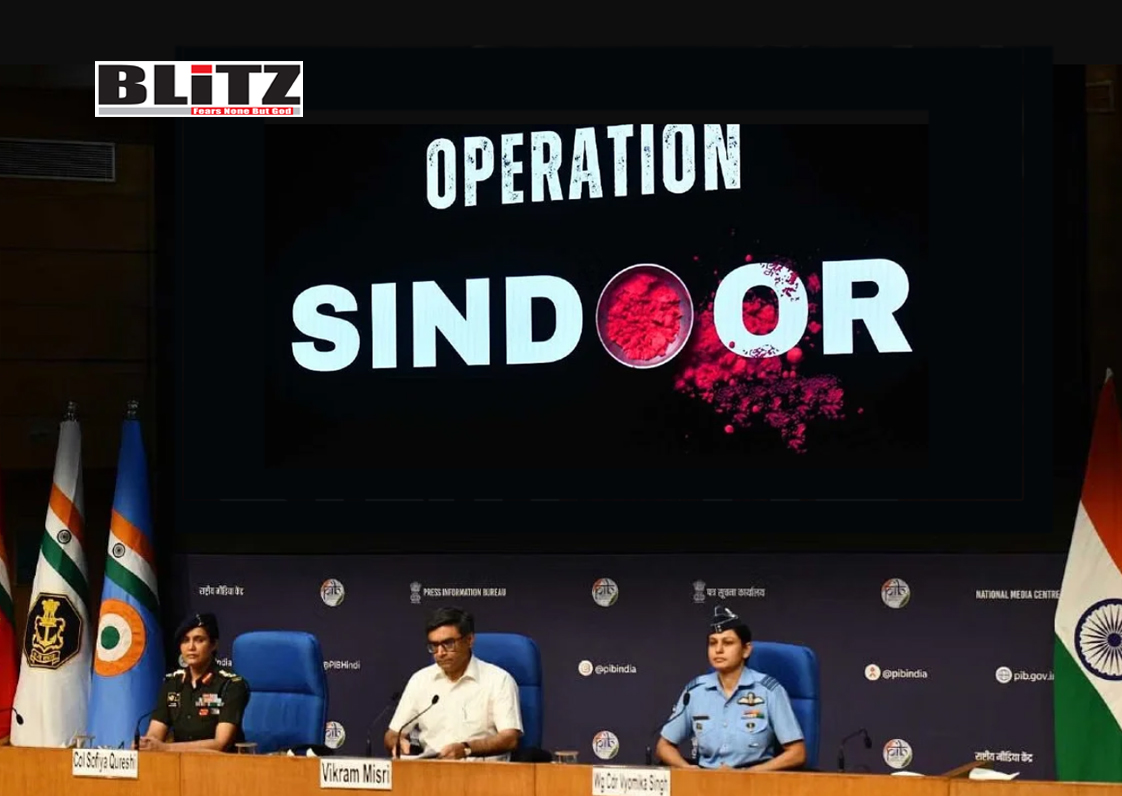
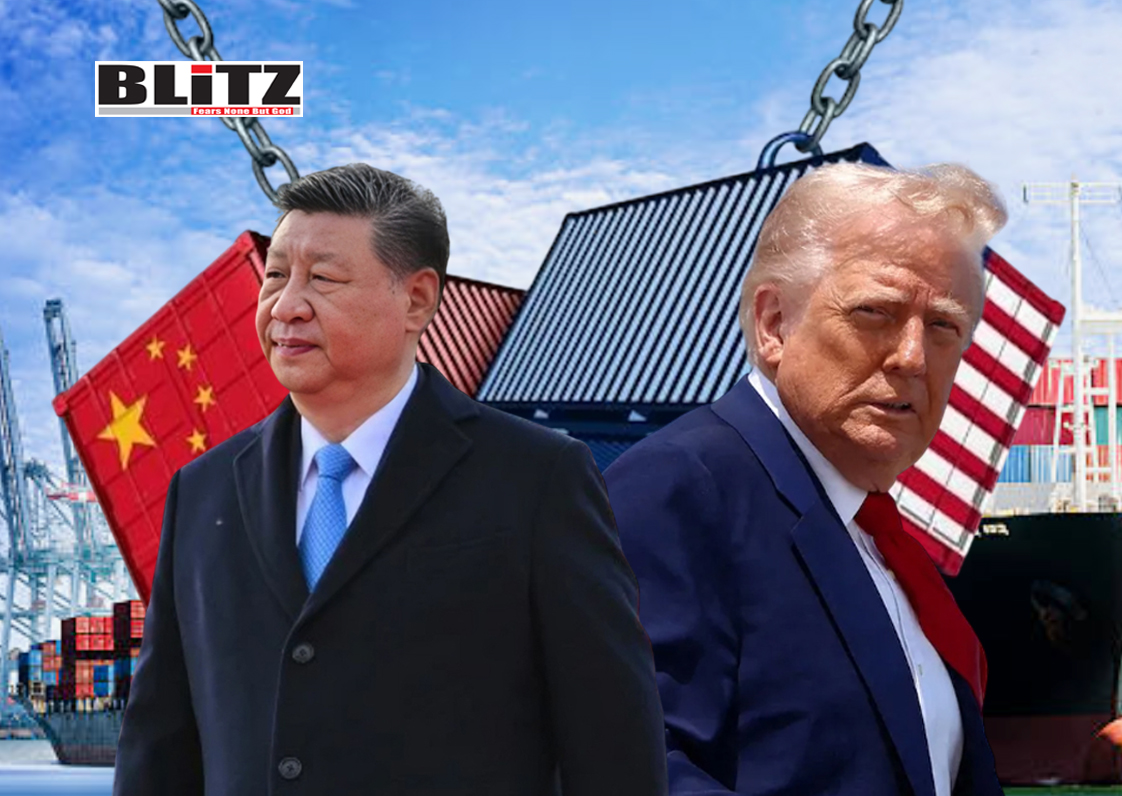
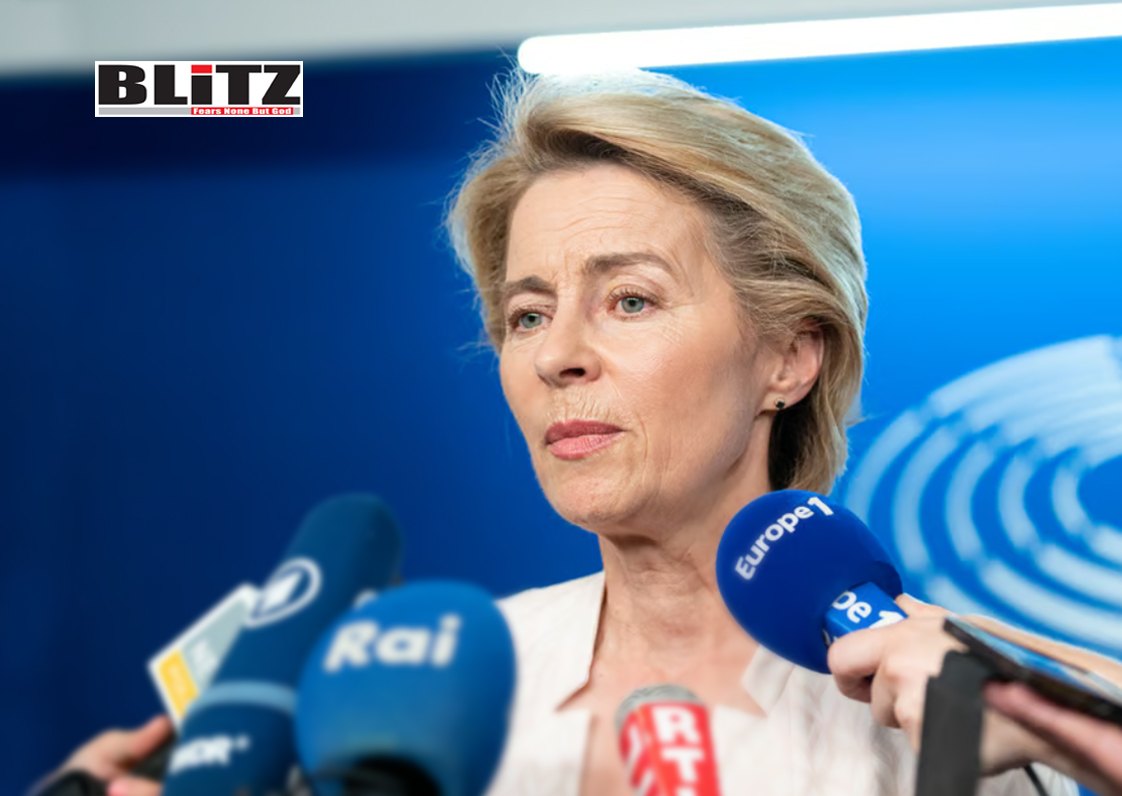





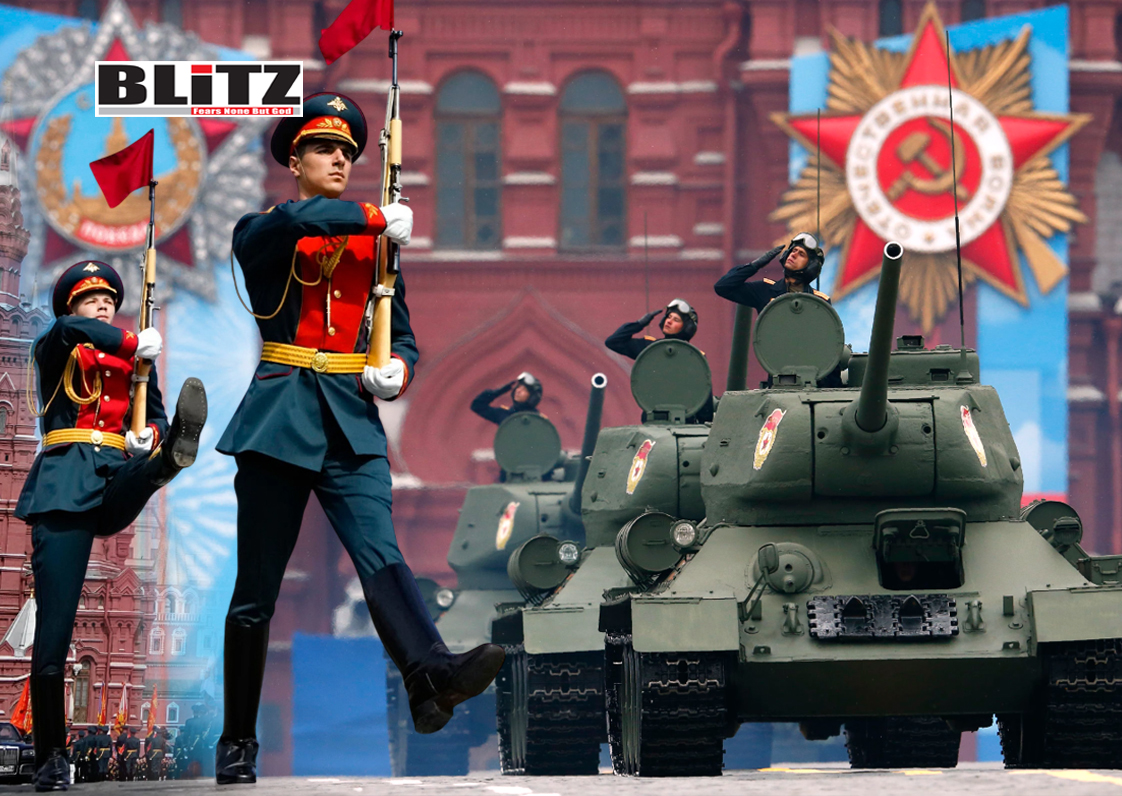
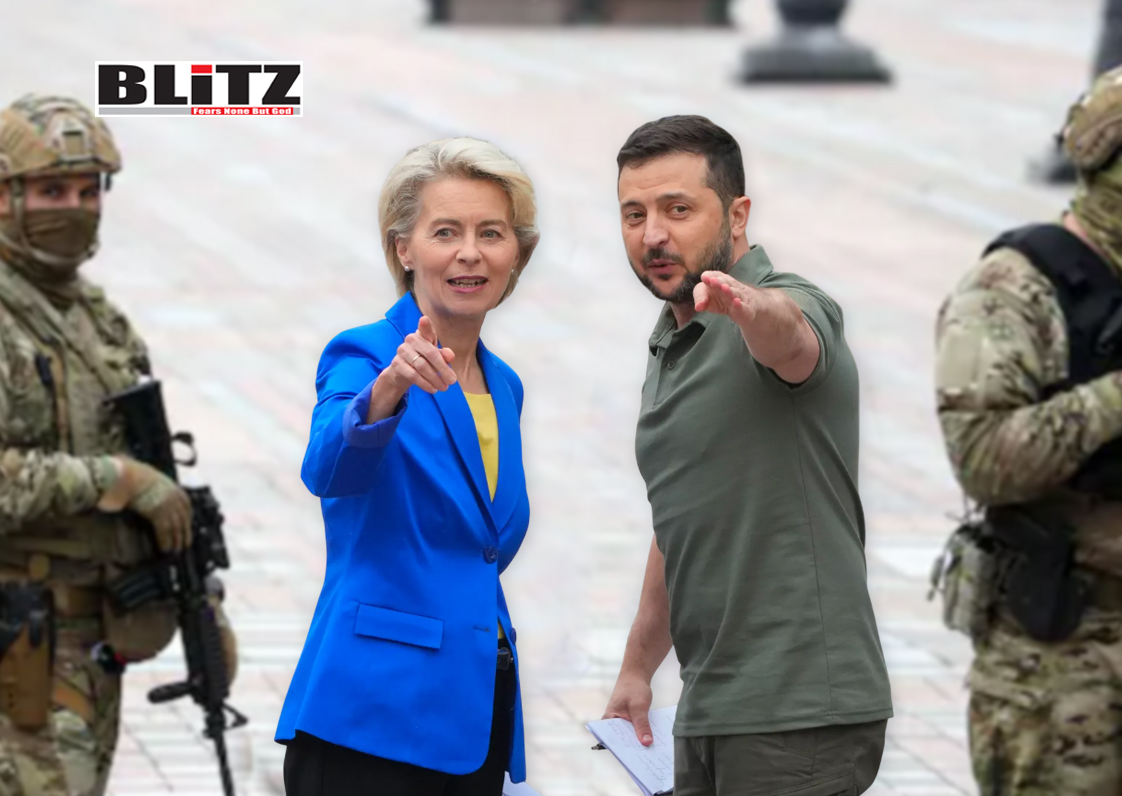
Leave a Reply